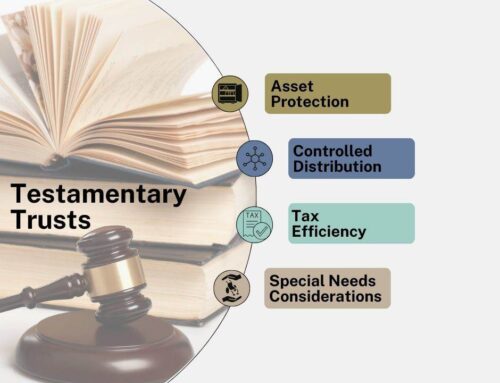First article by Jack Langley, in the Innovation Generation Conference series.
I recently attended Innovation Generation, a conference organised by Grain Growers for young farmers and agricultural professionals.
The conference provided a platform to discuss critical issues affecting the Australian agricultural industry. Over three separate articles, I will highlight the key takeaways from the conference that I found interesting:

International Export Market
Part One:
Government Trade Contracts Dictate Agricultural Export Market
As a country with a strong agricultural industry, Australia relies heavily on the export market for its commodities. While the production of these commodities is mostly privatised, the agricultural export market is largely influenced by government trade contracts. In this blog, we will discuss this topic in more detail, highlighting some key examples and the implications of government involvement in the export market.
Government trade contracts and their impact on the agricultural export market
Government trade contracts are agreements made between two nations regarding the terms of trade for specific commodities. In the case of Australia, the government negotiates trade contracts for agricultural commodities such as grain, meat, and dairy products. These contracts can have a significant impact on the export market, as they determine which countries can purchase these commodities and at what price.
For example, following China’s imposition of tariffs on Australian barley, the Australian government had to look for alternative markets for this commodity. As a result, the government negotiated a trade contract with Saudi Arabia, which agreed to purchase Australian barley at a lower price than what was previously available on the open market. While this ensured a market for Australian barley, it also meant that producers had to accept a lower price than they would have received in an open market scenario.
Government intervention in the export market can have both positive and negative effects. On one hand, trade contracts can provide stability and certainty for producers, ensuring a consistent market for their products. On the other hand, trade contracts can also limit the flexibility of the market and prevent producers from receiving the full value for their commodities.
The role of government in promoting the agricultural export market
While government trade contracts can have a significant impact on the export market, the government also plays a crucial role in promoting the industry as a whole. This includes investing in research and development, providing funding for infrastructure and technology, and supporting market development initiatives.
For example, the Australian government has invested in research and development to improve the productivity and sustainability of the agricultural industry. This has included funding for new technologies such as precision agriculture and the development of new crop varieties that are better suited to Australian conditions.
The government has also invested in infrastructure projects to support the export market, such as the construction of new ports and rail links. These projects are designed to improve the efficiency and competitiveness of the industry, enabling producers to get their products to market more quickly and at a lower cost.
The importance of the export market to the Australian agricultural industry
The export market is a crucial part of the Australian agricultural industry, accounting for a significant proportion of total production. In 2022, agricultural exports were valued at $66.6 billion, with grain, meat and dairy products being the some of the top exports.
The export market provides a valuable source of income for Australian producers, allowing them to access markets that would not otherwise be available. It also provides a competitive edge for the industry, driving innovation and efficiency as producers seek to meet the demands of international customers.
The links to the other articles in this series are:
- Innovation Generation Conference: Insights for Young Farmers and Ag-Based Professionals: Part Two – Alternative Farming Options. How Young Farmers Acquire Land
- Innovation Generation Conference: Insights for Young Farmers and Ag-Based Professionals: Part Three – The Importance of Successful Succession Planning in Farming Families
Farrell Goode’s team of legal experts has the expertise and experience to help you with you legal needs.
Contact us on (02) 6977 1155 or send us an enquiry TODAY.





















